
P is for Proverb

- A is for Acknowledgment
- B is for Beneficient
- C is for Choice
- D is for Duh!
- E is for Efficient
- F is for Fail
- G is for Generosity
- H is for Health
- I is for Indecision
- J is for Jealousy
- K is for Kin
- L is for Likoma
- M is for Momentum
- N is for Naive
- O is for Overwhelmed
- P is for Proverb
- Q is for Quick
- R is for Respect
- S is for Smile
- T is for Trust
- U is for Useful
- V is for Virus
- W is for Whisper
- X is for Xanadu
- Y is for Yellow
- Z is for Zebra
- A to Z Wrap Up
How does a quote become a proverb?
Friend Christine Comaford wrote in Forbes “Yes You CAN Buy Happiness–And It’s Cheaper Than You Think.” She quoted a proverb that made me do a double take.
– Chinese proverb
It’s that last line. “Happiness for a lifetime.” Just hidden in there, no big deal. Just the answer to the meaning of life, hidden in an article written in a financial magazine. It’s the answer you didn’t really think of, the one you might not even truly want to hear, but if you know about giving, you know it’s the right one.
I’ve been writing about generosity (G is for Generosity) and how important it is to give, but how simple it is to achieve–even kids can do it. But isn’t that what proverbs (and comedians, by the way) do so well: state the obvious. But proverbs go a step further.
Proverbs are highly polished, void of excessive words, and you probably can’t improve on it.
Like all writing should be–but it’s very difficult and time consuming to achieve. So who is the president of the committee on proverbs? How does something someone said at some point become a proverb?
So are they just popular? Then they get repeated? Socrates didn’t have a Twitter account, how could people repeat what he said? How could they share it? Today is almost the inverse: everything gets shared, repeated, and spread like wildfire. So how will proverbs be created today? Is it just what’s über popular? What gets the most traffic and is repeated the most? is it just a popularity contest? No, both definitions say it expresses a “truth.” But it’s not math, it’s not science, it’s not 7 + 7 = 14. That’s a truth. It seems more arbitrary. If you want happiness for a lifetime—help others. How is that a truth? It’s an ancient Chinese guy’s opinion. Maybe it needs to be popular and ancient.
However they’re created, I’m glad I figured out the meaning of life.
![Maybe this Chinese guy was onto something. [Great Wall, China]](https://passthesourcream.com/wp-content/uploads/2013/04/ptsc-120-proverb.jpg)
Maybe this Chinese guy was onto something. [Great Wall, China]

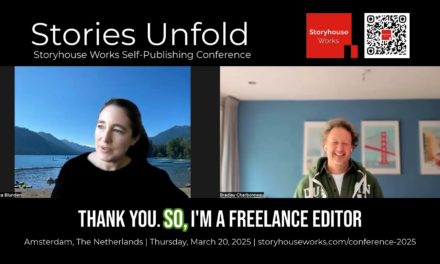
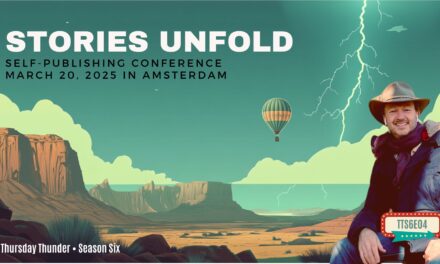


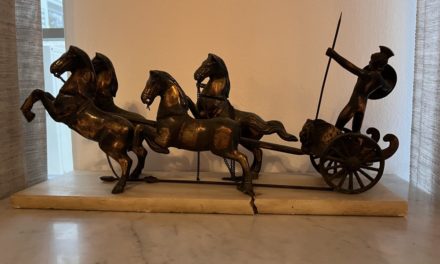

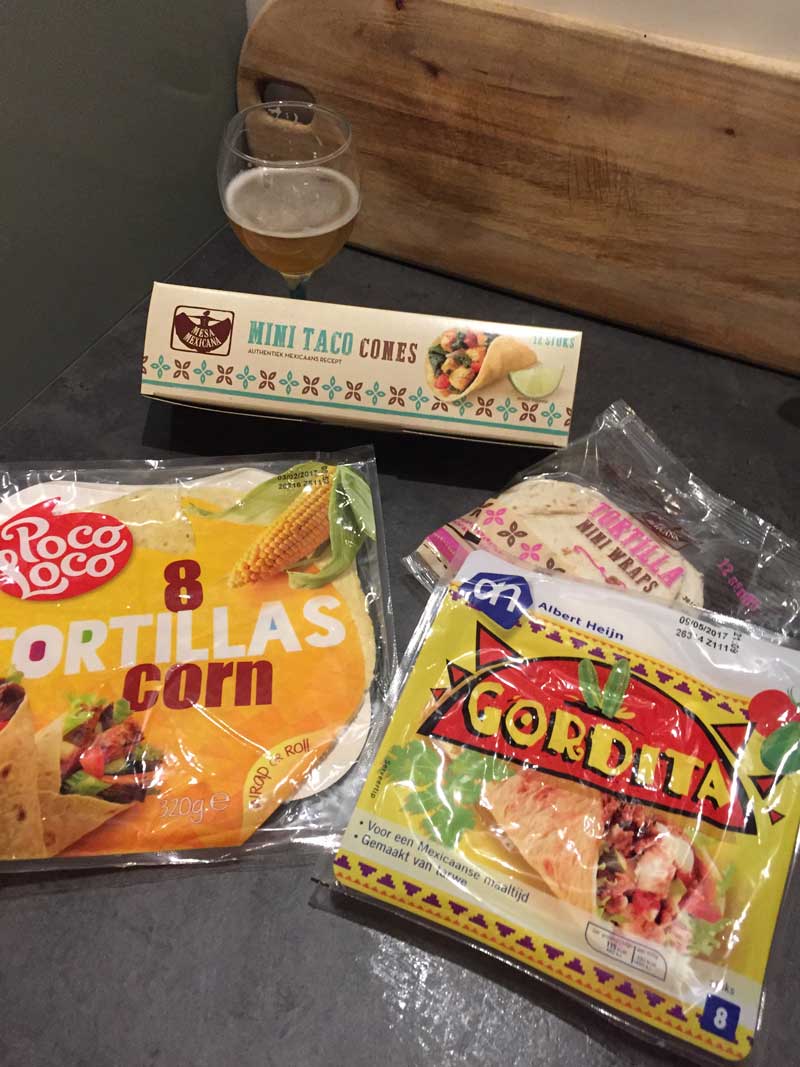













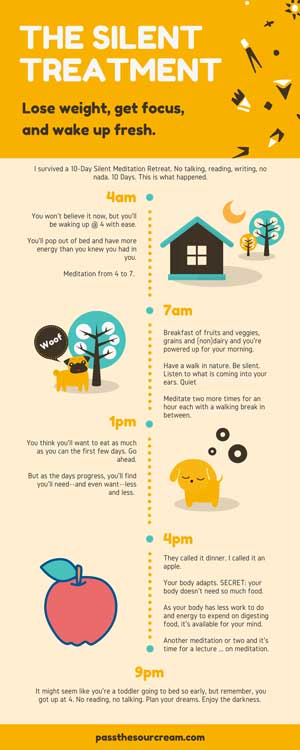







You are so funny.. 🙂
🙂
I really feel like a nap now 😛 Just might fix ’em Monday blues. Enjoy reading your blog so far, am glad Ida indirectly directed me here.
Thanks, Mel–and thanks, Ida!